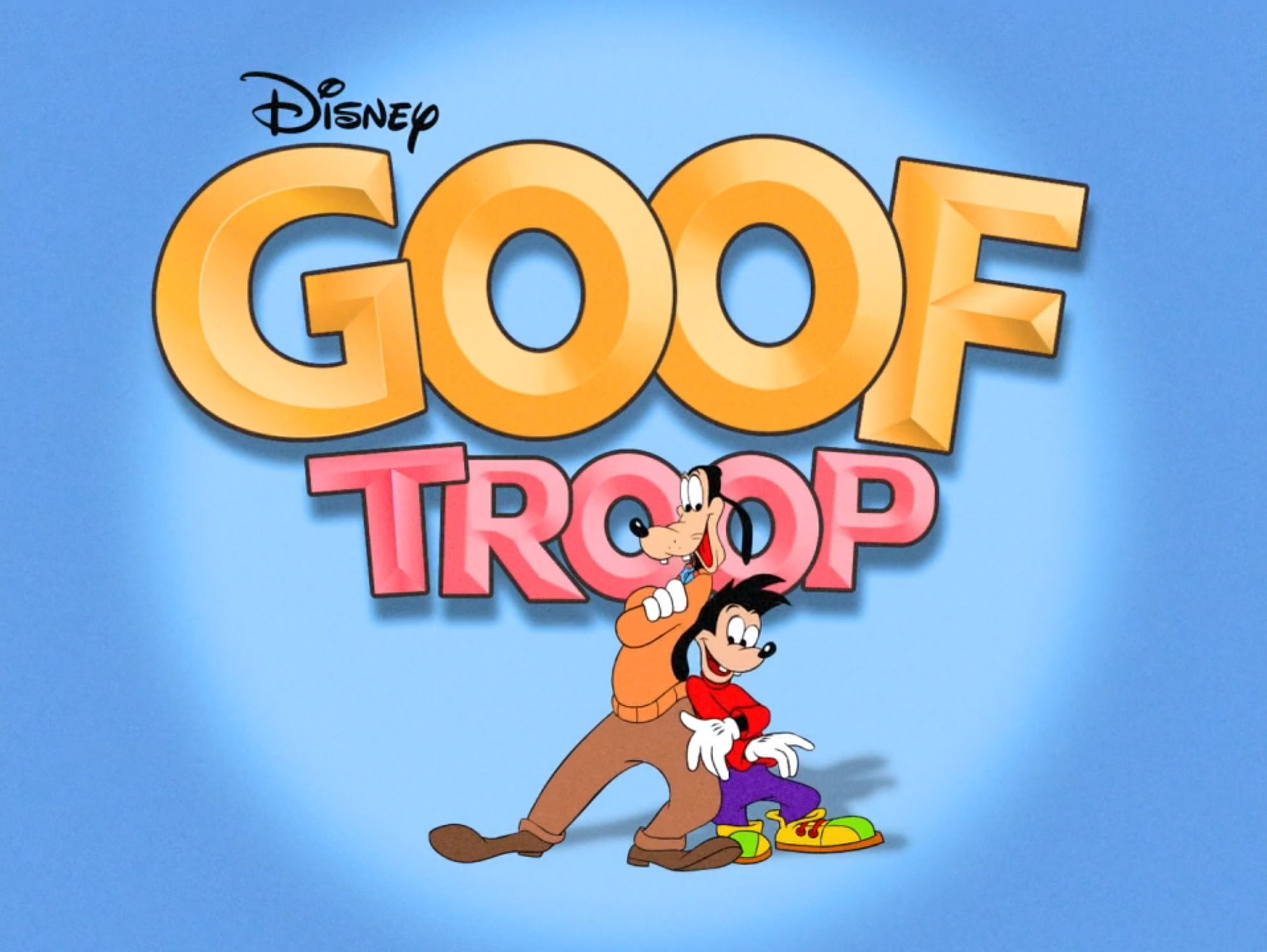

The rapper commented on the album's perception before its release, saying, "I know everybody was expecting gang-bang, 40-ounce, low-rider music, but that's not what I gave them.

There are 17 tracks on my album and every track sheds light on a different situation I went through the last 17 years. When my album drops I will be 25 so that's 17 years I have been going through my struggle by myself. I grew up in a boys home and I was taken away from my parents when I was like 8 years old. The Game for the album recorded tracks based on his life experiences from his childhood to his success as a rapper. The Game denied those claims, saying that 50 Cent only wrote two hooks on the album. 50 Cent also claimed that he wrote six songs of The Documentary 's eighteen tracks-" Hate It or Love It", " How We Do", "Church for Thugs", "Special", "Higher", and " Westside Story" -and didn't receiving any proper credit for his work. However, in the interview with Funkmaster Flex, the Game said that his status was never uncertain that he would be dropped from the label. In 2005, in the interview with Vibe magazine, 50 Cent stated that he was brought in by the Interscope Records to work on the album, claiming that was on the verge of being shelved and the Game was being dropped from the label. The Game was also inspired to revive the hip hop scene in the West Coast, which had been overshadowed since its heyday in the 1990s by rappers from the East and the South. However, the song was left on the cutting room floor. While continuing the recording sessions on the album, he began working with rapper and record producer Kanye West on a song, where Kanye did the chorus. On June 16, 2014, the Game announced a sequel to the album, The Documentary 2, which was released on October 9, 2015, followed by the release of The Documentary 2.5 a week later.Īfter the Game signed with the G-Unit, he recorded nine songs with fellow American rapper 50 Cent in his home studio in Farmington, Connecticut, and then went back to Los Angeles, California to complete the album with American record producer Dr. The Documentary remains the Game's best-selling album to date. Since the album's release, the Game was credited as a "driving force" in reviving the once-dominant West Coast hip hop scene that had since been overshadowed by artists from the East, Midwest and South during the early 2000s. It is also often debated by critics between itself and Doctor's Advocate as Game's best album. The Documentary received generally positive reviews, with critics praising the album's production. In March 2005, the Recording Industry Association of America certified the album double Platinum, and by November 2005 the album sold 4.5 million copies in the U.S. The Documentary debuted at number one on the US Billboard 200, selling 586,000 units in its first week. This would be the Game's only album on Aftermath and G-Unit Records, as he left the label later in 2006 after a feud began between him and fellow G-Unit label-mate 50 Cent. Dre, Kanye West, Scott Storch and Timbaland, among others, and guest appearances from 50 Cent, Eminem, Nate Dogg and Faith Evans, among others. The album includes production from high-profile producers such as Dr. Dre and led to him signing the Game to his label, Aftermath Entertainment. 2 Compton" under his then record label "Get Low Recordz" in 2002, which was later was discovered by Dr. In 2001, while the Game was in hospital recovering from a shooting, he decided to pursue a career in music. The record serves as his major-label debut, preceded by his independently released debut Untold Story in 2004. It was released on January 18, 2005, by Aftermath Entertainment, G-Unit Records, The Black Wall Street Records and Interscope Records. The Documentary is the debut studio album by American rapper the Game.


 0 kommentar(er)
0 kommentar(er)
